President Donald Trump’s decision this morning to impose a new wave of U.S. import tariffs set off a flurry of statements from capitals around the world. While some governments secured last-minute concessions, others blasted the move as a destabilizing shock to the global trading system.
Below is a region-by-region snapshot of today’s reactions.
North America
Canada
Prime Minister Mark Carney called the new 35% U.S. tariff on certain Canadian goods “a deep blow to cross-border business.” The sectors most affected are steel, aluminum, autos, and lumber, while most other products under CUSMA (USMCA) remain largely exempt. Carney reiterated Canada’s commitment to defending its interests, focusing on job protection and economic stability, but did not announce immediate counter-measures, preferring to pursue a diplomatic resolution.
Mexico
President Claudia Sheinbaum secured a 90-day pause, keeping tariffs at their current rates, and welcomed the window for further negotiation. The agreement keeps the U.S. at a 25% tariff on Mexican automobiles and a 50% tariff on steel, aluminum, and copper, with a 25% “fentanyl tariff” on categories not covered under North American trade agreements. Sheinbaum stressed that Mexico’s response will “defend its interests” and that retaliation could follow if progress stalls. Discussions are planned to avert escalation, and Mexico is specifically seeking to protect its automotive sector as exempt from further penalties.
Europe
European Union
European Commission President Ursula von der Leyen acknowledged the new 15% baseline tariff for many EU goods is “disappointing, but more favorable than the threatened 30%.” There is a temporary suspension of earlier EU retaliatory duties through 6 August , pending ongoing negotiations. The EU is reviewing a list of potential U.S. products to target should further U.S. increases occur, focusing on industrial, auto, and selected agricultural products. Talks continue, and the EU has reserved the right to swiftly implement proportionate countermeasures if needed.
United Kingdom
The UK finalized a deal that generally sets a baseline 10% tariff on British exports to the U.S., with quotas and specific exemptions for autos and aerospace. Some uncertainties remain, especially regarding steel and aluminum, but ongoing talks have reduced the threat of wider hikes. Prime Minister Keir Starmer called the compromise a “partial victory” and reiterated the UK’s commitment to open dialogue while opposing any drift toward a trade war that would harm British industry.
Asia–Pacific
China
China currently faces a 30% combined tariff rate from the U.S. amid a temporary truce. Both sides agreed to extend negotiations until at least 12 August, with expectations of a further extension. Beijing is pushing for deeper talks to avoid escalation and has so far avoided major new counter-tariffs. China’s exports to the U.S. are predicted to decline sharply if tariffs persist, but Beijing remains publicly committed to seeking a negotiated solution.
India
The U.S. imposed a 25% tariff plus a “penalty” on Indian goods beginning 1 August . The Indian government has condemned the move as “unjust and destabilizing,” emphasizing its readiness to take “all steps necessary” to protect national interests. Specific retaliatory measures have not been detailed, but India is prioritizing the impact on its farmers, exporters, and MSMEs while continuing talks with Washington.
Japan
A new agreement sets a 15% tariff on Japanese exports to the U.S. from 7 August , down from the previously threatened 27.5% on autos and auto parts. Japan continues to seek protection for its agricultural exports but is satisfied with securing stability for manufacturers. Prime Minister Kishida has reaffirmed Japan’s commitment to the U.S. partnership while calling for further dialogue to address unresolved sectoral issues.
South Korea
South Korea has clinched a deal for a 15% tariff on most exports in return for an additional $350 billion investment pledge in the U.S.. This was widely viewed in Seoul as mitigating the worst effects and levelling the playing field, particularly in the automotive sector. Major Korean businesses are moving forward with significant new US-based commitments.
Other G20 Economies
Brazil
President Lula da Silva condemned the newly imposed 50% tariff on Brazilian exports as “openly political,” but highlighted that some agricultural products were spared. Brazil is preparing to formally challenge the measures at the World Trade Organization and also seeks to coordinate a broader BRICS response if necessary.
South Africa
South Africa faces a 30% duty on its exports to the U.S. Officials have characterized this as an “extreme blow” and are considering urgent retaliatory moves, though no specifics have been announced.
Smaller and Developing Nations
Leaders from Laos, Myanmar, Ghana, Iceland, and others have publicly warned of “rising costs and potential for deep economic harm.” Many are advocating for joint action through the African Union and ASEAN, but so far, no concrete, coordinated counter-response has been announced as of 1 August, 2025.
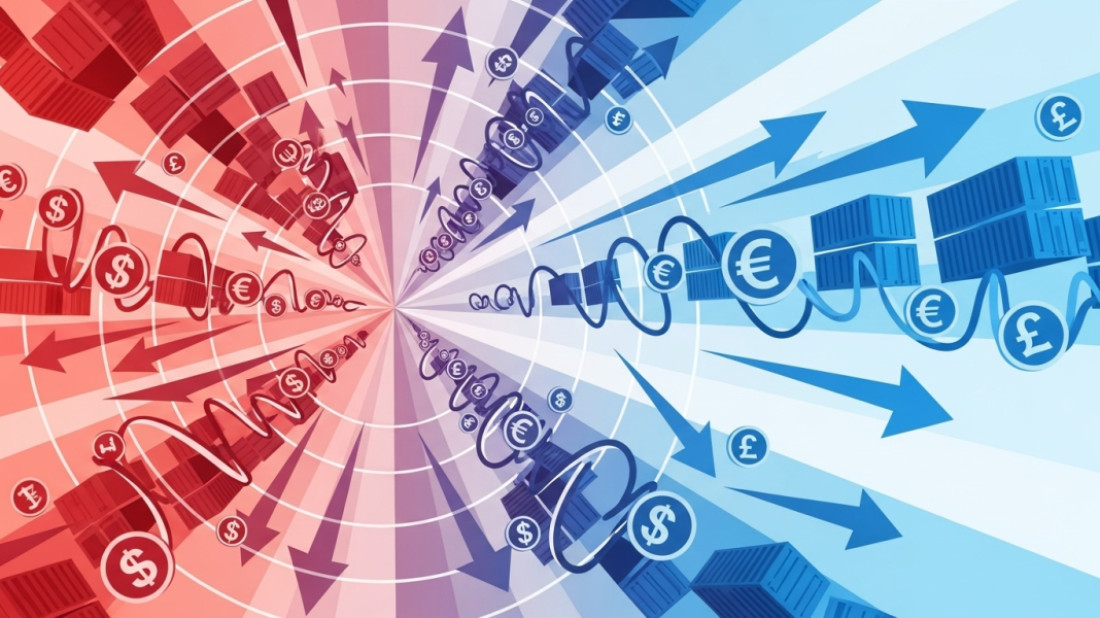
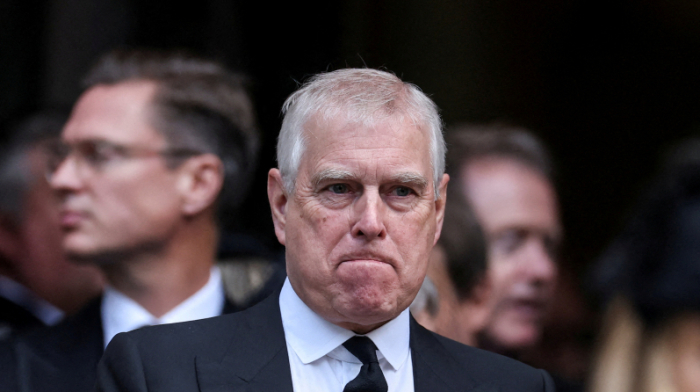
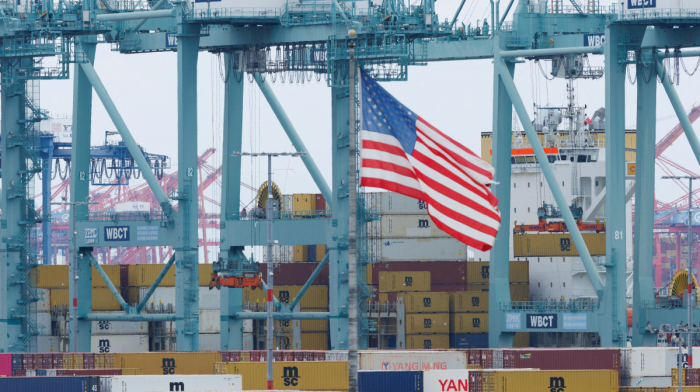


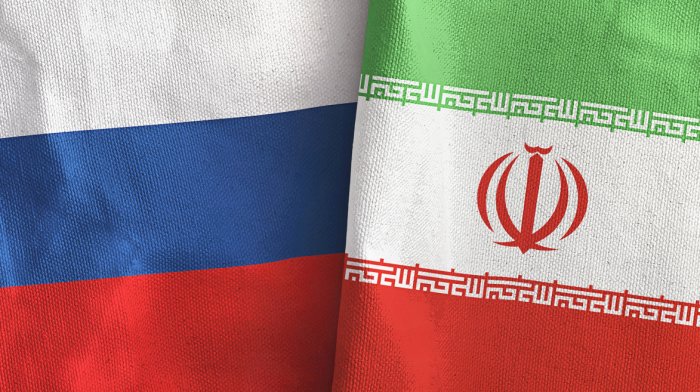

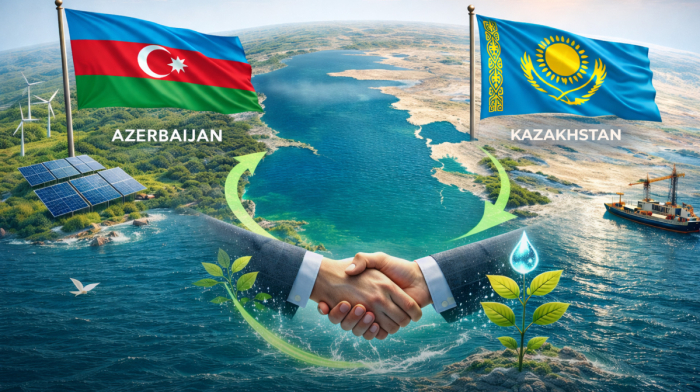
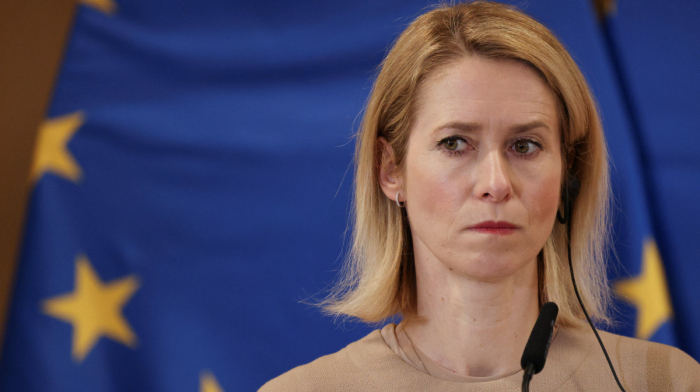
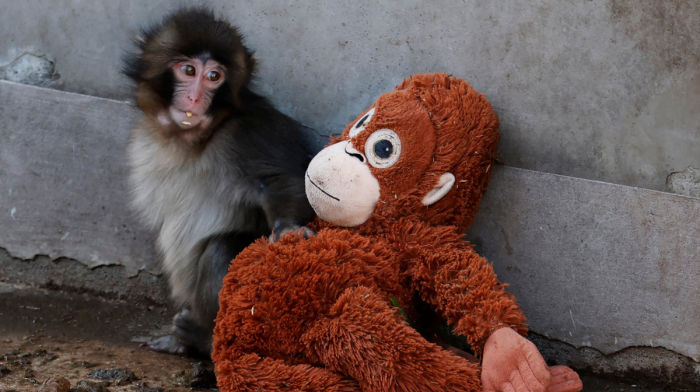

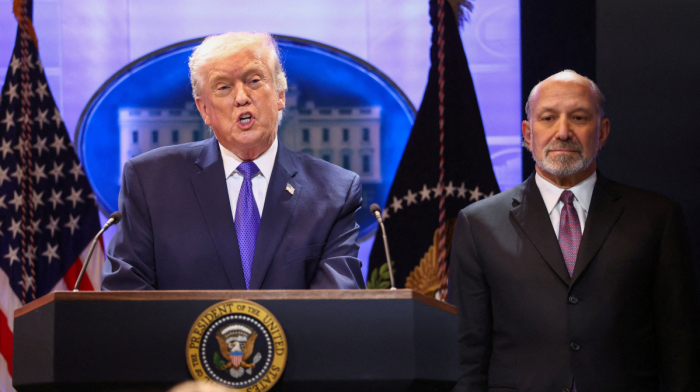
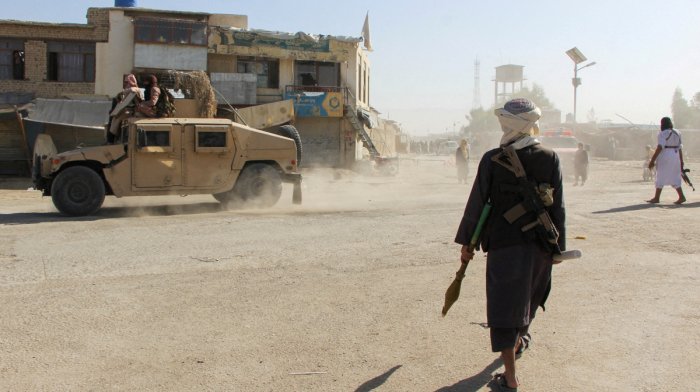
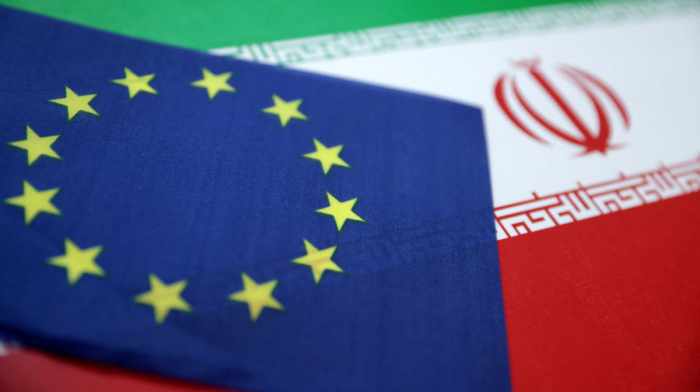



What is your opinion on this topic?
Leave the first comment